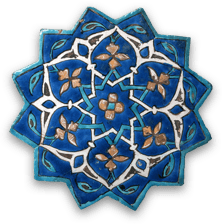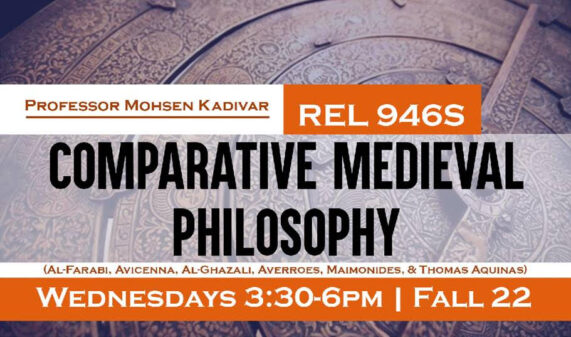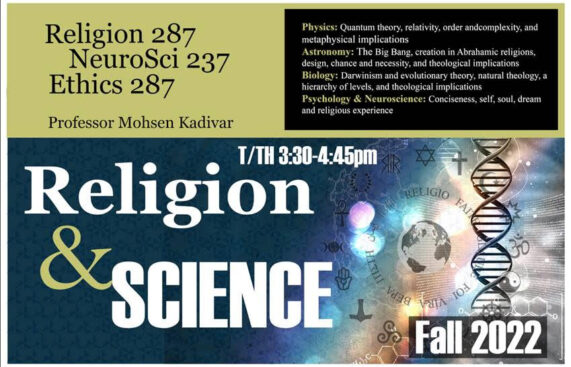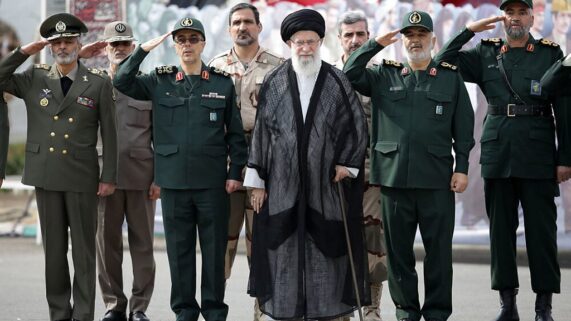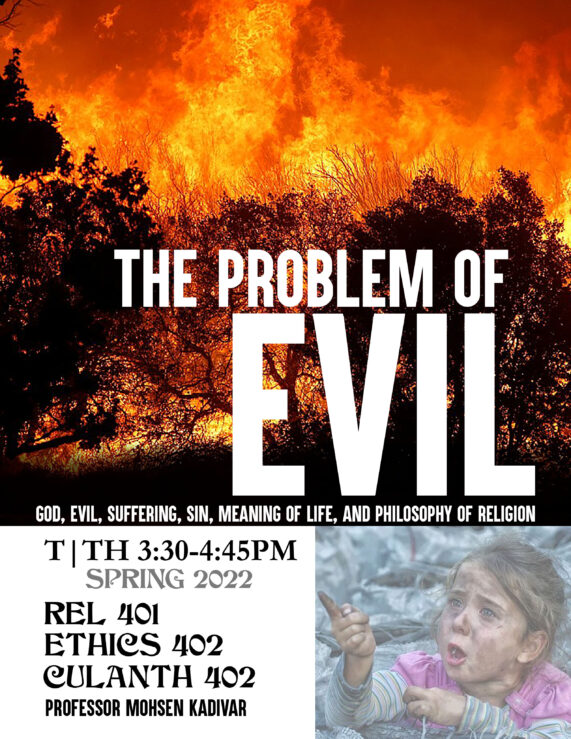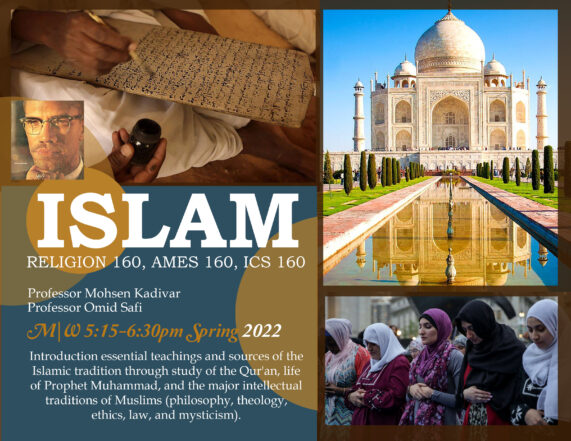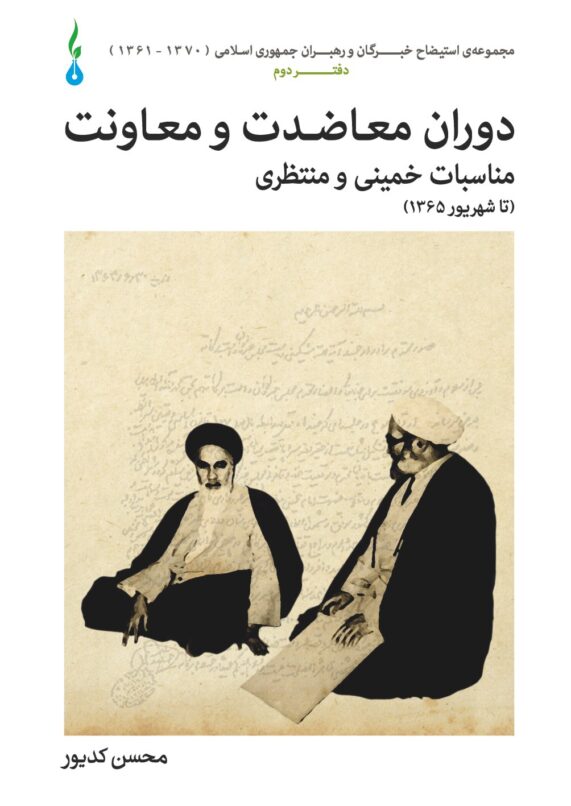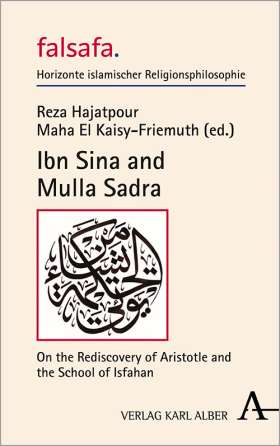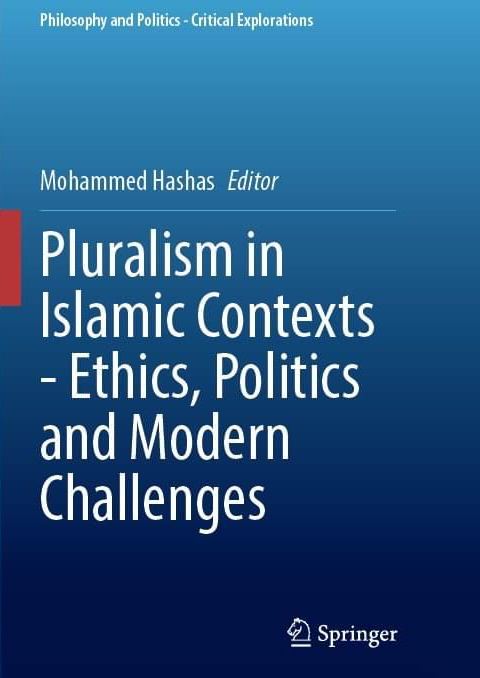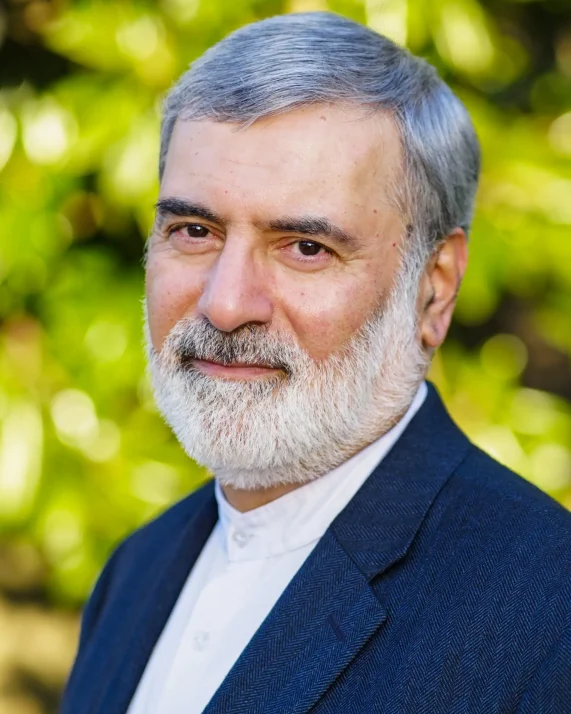Medieval philosophy is a prerequisite to understanding the theology of Abrahamic traditions, metaphysics, philosophical psychology, and political philosophy. We will focus on six top philosophers: Alfarabi, Avicenna, al-Ghazali, Averroes, Maimonides, and Thomas Aquinas. After discussing general information about two translation movements, these distinguished philosophers, their works, and their philosophical innovations through the translation of a few of their major works, we will focus on comparative studies on three important subjects: God, creation, and freedom in three Abrahamic traditions, focusing on Avicenna, Averroes, Maimonides, and Aquinas in detail.


